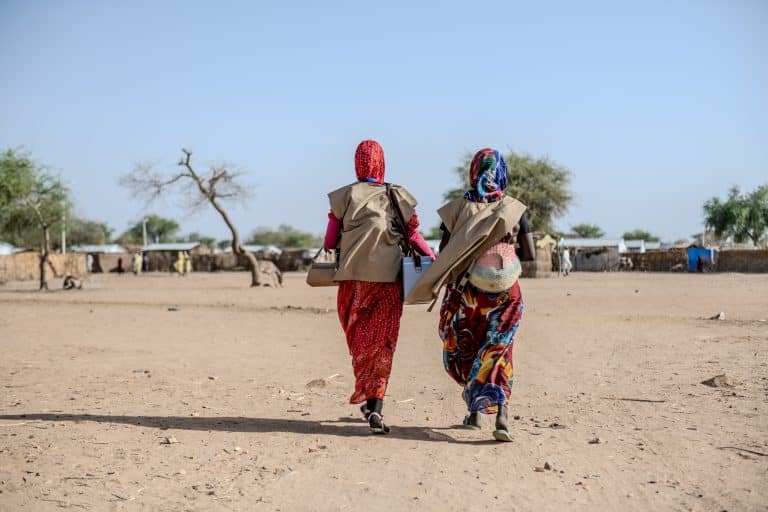
In Chad, refugee women shattered by war, surviving in makeshift tents
Amid the chaos of the conflict in Sudan, hundreds of thousands of women have fled with their children, on foot,

Amid the chaos of the conflict in Sudan, hundreds of thousands of women have fled with their children, on foot,
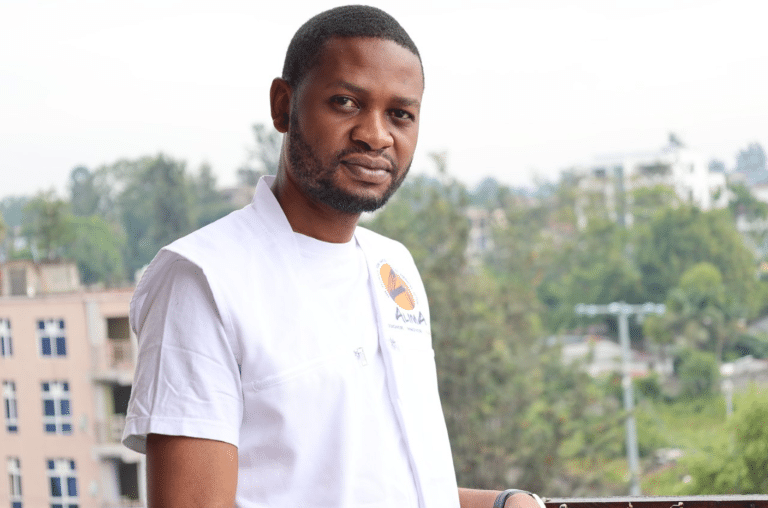
At the end of January 2025, violent fighting plunged the city of Goma into chaos. ALIMA responded immediately, treating over
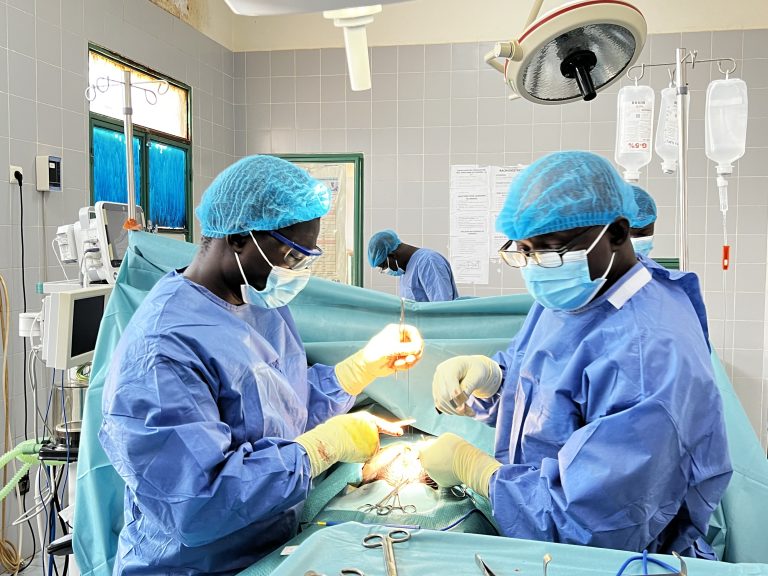
In a region where surgery remains out of reach for many, ALIMA is leading a free campaign to provide care,
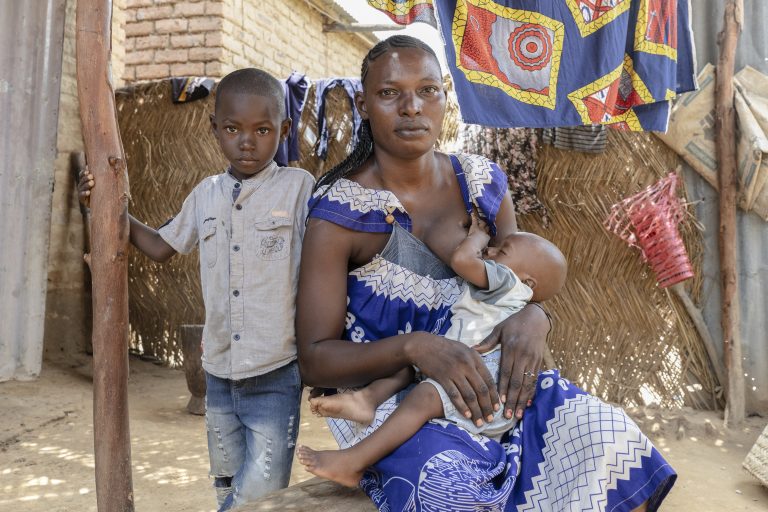
In the fight against malnutrition, households are the first line of defense. Empowering families to quickly detect the first signs
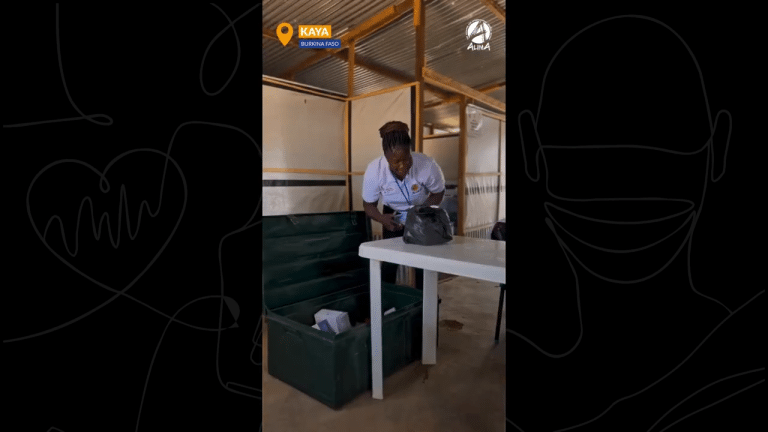
In Kaya, Burkina Faso, nearly 200,000 displaced people have fled insecurity. To help ease the burden on local health facilities,
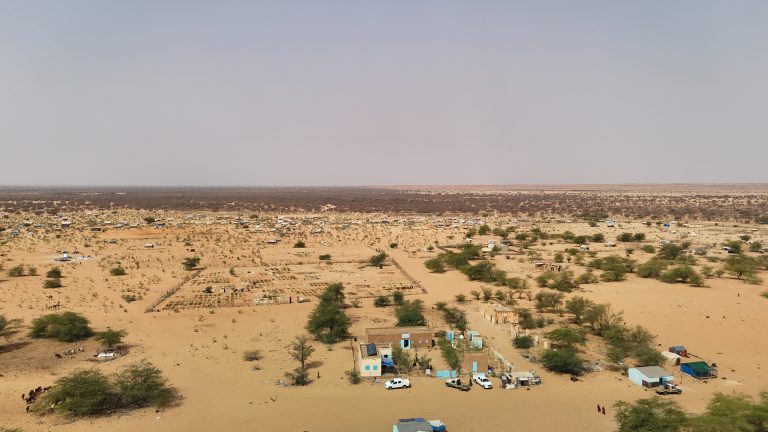
For over 13 years, the Mbera camp, located 60 km from the Malian border and over 1,000 km from Nouakchott,
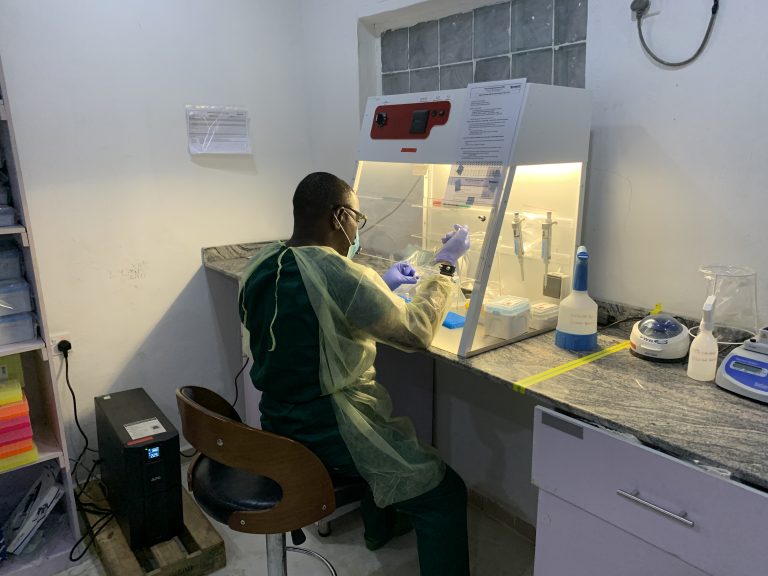
Lassa Fever Peak Hits Nigeria Again; ALIMA, in Partnership with the Ministry of Health and Communities in Owo, Southwest Nigeria,
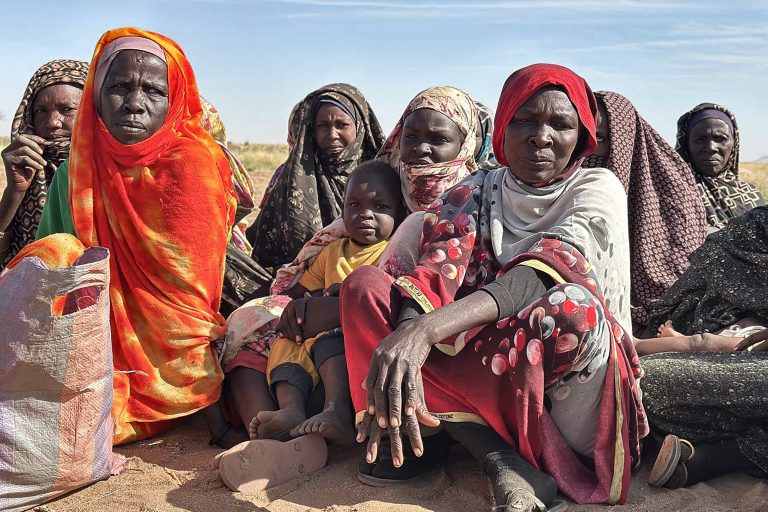
Amid a worsening crisis marked by violence, displacement and death, ALIMA continues its life-saving operations in North Darfur, one of
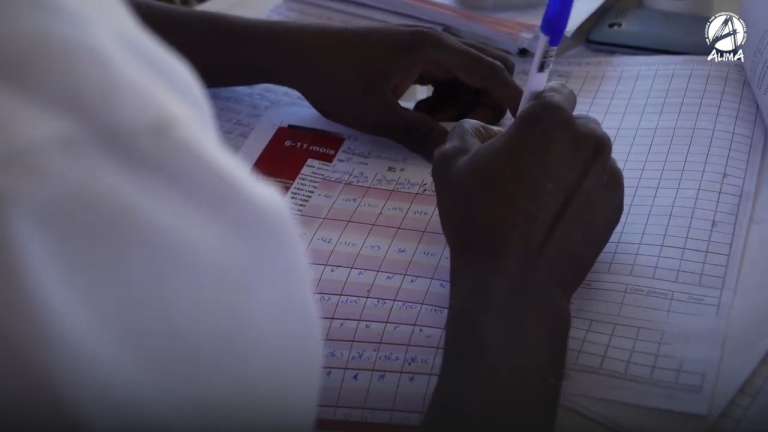
How can you determine whether a child needs urgent care with only a few minutes to assess them? In Chad,
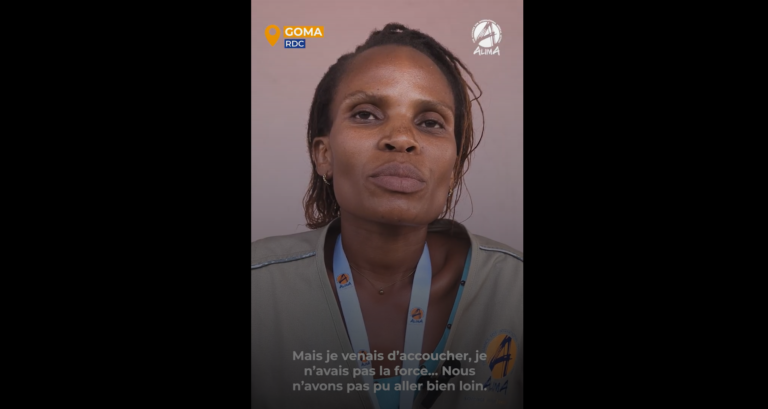
In the Democratic Republic of the Congo, Consolé lost everything due to conflict. But her story is one of extraordinary
We offer country-specific donation forms to give you access to local payment options and tax benefits.
Please wait while you are redirected to the right page...